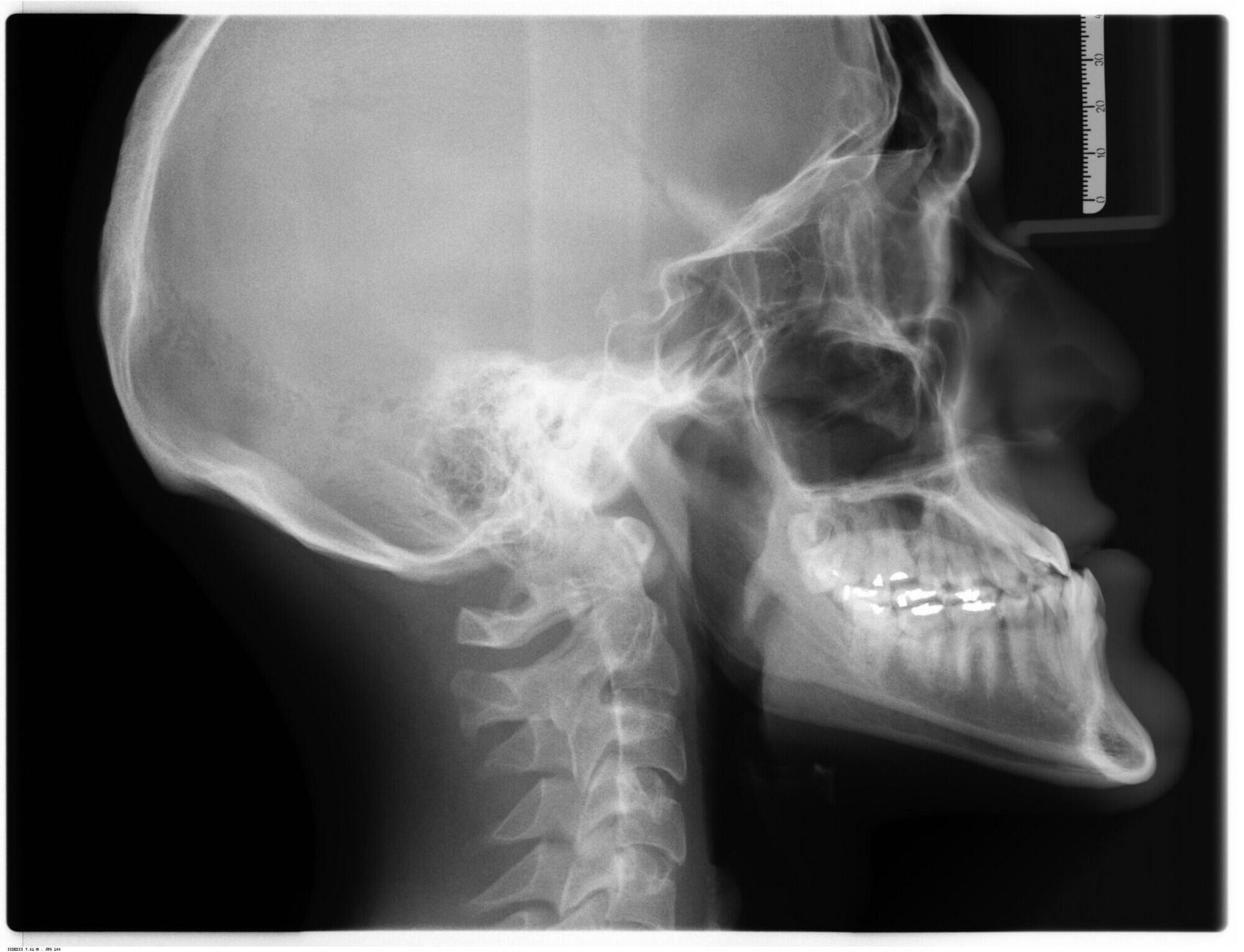Nutrition and Supplements for TMJ
Do you struggle with persistent jaw pain or discomfort when chewing or speaking? According to American Family Physician, temporomandibular joint (TMJ) disorders affect 5% to 12% of people, leading to pain, stiffness, and limited jaw mobility.
While treatments like physical therapy or medication can help, dietary changes and targeted supplements offer another path to relief.
Today, we're taking a closer look into how nutrition and supplements for TMJ can support joint health, reduce inflammation, and ease symptoms.
The Role of Nutrition in TMJ Health
Certain foods can help reduce inflammation and support joint health, while others may aggravate symptoms.
There are three main ways nutrition can influence TMJ health:
- Anti-inflammatory foods
- Foods that reduce strain on the jaw
- Foods to avoid
Anti-Inflammatory Foods
Inflammation often contributes to TMJ pain and stiffness. Eating foods rich in anti-inflammatory properties can help calm irritated tissues around the joint. Fatty fish like salmon and mackerel provide omega-3 fatty acids, which are known for their anti-inflammatory effects.
Dark leafy greens, such as spinach and kale, offer vitamins and antioxidants that promote joint health. Fruits like berries are high in antioxidants, which can help fight inflammation. Including these in your diet can be a natural way to manage TMJ discomfort.
Foods That Reduce Strain on the Jaw
Soft, easy-to-chew foods are ideal for those with TMJ disorders. Smoothies, soups, and steamed vegetables require minimal jaw movement, reducing joint stress.
They can provide essential nutrients while allowing the jaw to rest and heal. Protein sources like eggs, tofu, and yogurt are also gentle on the jaw and support muscle recovery.
Foods to Avoid
Some foods can worsen TMJ symptoms by placing unnecessary strain on the joint. Hard, crunchy foods like nuts and chips should be limited. Chewy items like tough meats or gum can also lead to increased discomfort. By avoiding these foods, you can minimize irritation and help the jaw recover more effectively.
Vitamins for TMJ Discomfort
Vitamins can play a significant role in reducing inflammation, supporting joint health, and alleviating TMJ discomfort. Three primary vitamins that can benefit TMJ health are:
- Vitamin C
- Vitamin D
- B-complex Vitamins
Vitamin C
Vitamin C is essential for collagen production, which is critical for maintaining the cartilage and tissues around the TMJ. Collagen helps protect the joint from wear and tear, promoting long-term health.
Vitamin C also acts as an antioxidant, reducing inflammation that can lead to joint pain. Citrus fruits, strawberries, and bell peppers contain vitamin C. Adding these foods to your meals or taking a supplement may help protect and strengthen the joint.
Vitamin D
Vitamin D is crucial for maintaining strong bones and reducing joint pain. TMJ disorders can sometimes result from or exacerbate bone-related issues. Without adequate levels of vitamin D, joint health can decline over time.
Sunlight is the best natural source of vitamin D, but it is also present in foods like milk and cereals. Supplements can provide an additional boost, especially for those who don't spend a lot of time outdoors.
B-complex Vitamins
Stress is a common factor in TMJ disorders, and B-complex vitamins are known for their ability to help manage stress levels. The vitamins support the nervous system and promote muscle relaxation.
Foods such as whole grains, eggs, and leafy greens are excellent sources of B vitamins. By including these in your diet, you may notice a reduction in the frequency or severity of TMJ symptoms.
Supplements for TMJ
Supplements can offer additional support for TMJ health by addressing inflammation, promoting muscle relaxation, and improving joint function. Here are three types of supplements that may help manage TMJ symptoms:
- Magnesium
- Glucosamine and Chondroitin
- Omega-3 Fatty Acids
Magnesium
Magnesium is known for its ability to relax muscles and reduce tension, which is particularly helpful for those experiencing jaw tightness. TMJ disorders often involve muscle stress, so ensuring adequate magnesium levels can be beneficial.
The mineral also supports nerve function and helps regulate the stress response.
Glucosamine and Chondroitin
Glucosamine and chondroitin are commonly used to support joint health. They help rebuild cartilage and reduce inflammation in joints, including the temporomandibular joint.
TMJ disorders can lead to cartilage wear, so these compounds may help restore and protect the affected area. Many people use glucosamine and chondroitin for conditions like arthritis, and they can be equally useful for managing TMJ-related issues.
Omega-3 Fatty Acids
Omega-3 fatty acids are powerful anti-inflammatory agents that can reduce swelling and discomfort in the TMJ. They are found in fatty fish like salmon and mackerel, but many people choose to take fish oil supplements to ensure they get enough. By reducing inflammation, omega-3s can improve joint mobility and help alleviate pain.
Herbal Remedies for TMJ
Herbal remedies have long been used to address pain and inflammation, making them a natural option for managing TMJ symptoms. There are three common herbs that are particularly effective for TMJ discomfort:
- Turmeric (Curcumin)
- Valerian Root
- Ginger
Turmeric (Curcumin)
Turmeric, known for its active compound curcumin, is widely recognized for its anti-inflammatory properties. It can help reduce swelling and pain around the temporomandibular joint.
Whether used in cooking or taken as a supplement, turmeric provides a gentle but effective way to ease discomfort.
Valerian Root
Valerian root is often used for its calming effects, which can be helpful for TMJ disorders caused by stress or muscle tension. It promotes relaxation and may reduce the jaw clenching and grinding that contribute to joint pain.
Ginger
Ginger is another herb with anti-inflammatory properties that can benefit TMJ health. It helps reduce pain and swelling in joints and is a versatile option for daily use.
Ginger can be consumed fresh, as a tea, or in supplement form. Many people find it soothing for both immediate and long-term relief.
Nutritional Support for TMJ
Supplements for TMJ, herbal options, and thoughtful nutrition, can support joint health and reduce discomfort.
At Dental Care Burke, we're dedicated to providing top-tier dental care focused on long-term oral health and patient comfort. Dr. Bernard Lynch, DMD, FAGD, LVIF, stays updated on advanced dental techniques and ensures a safe, relaxed environment. Known for his attentive approach, he emphasizes proactive care, addressing issues early and fostering holistic oral health.
Get in touch today to find out how we can help with your TMJ!
DENTAL CARE BURKE
Bernard W. Lynch, DMD, FAGD , LVIF
BUSINESS HOURS
- Mon - Fri
- -
- Sat - Sun
- Closed
703-705-7401












